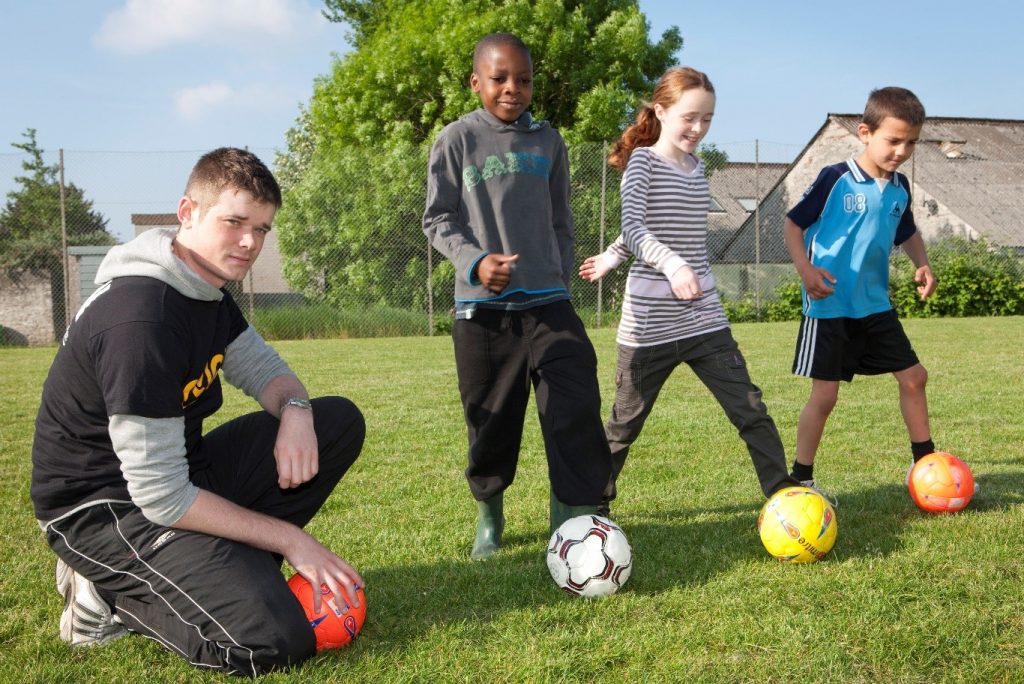Meeting the entry requirements is important when applying for higher education courses, but that’s not all admissions tutors are looking for. Your extra-curricular experiences are reflective of who you are and can show that you have the key skills required for the course you’re applying for.
Why it is important for you to seek additional experiences and develop extra skills?
- It sets you apart from others.
- The activities you choose to do can give valuable insight into who you are and what you want to achieve, so consider something you believe in.
- You will gain experiences and develop skills.
- It helps to develop your understanding of an occupation or industry.
- You will expand your network of contacts and meet people who could offer further opportunities.
- Participating in extra-curricular activities can build confidence by exceeding your own expectations.
Celebrate your achievements
No matter how big or small you think they are, you should celebrate your achievements as they show higher education providers that you are capable and motivated. They also highlight the skills you’ve developed which is a good thing!
‘Being able to prove that you’re academically successful is one thing; having developed skills and being able to showcase yourself in a positive light as an individual is another. A balance between both is absolutely vital!’ (Jack Henderson, HNC Creative Media Production, City College Plymouth)
It’s not homework!
If you see extra-curricular activities as a chore that you have to do in order to tick the right boxes, you shouldn’t. Your time is valuable, and a lot of it is already taken up with study, but by choosing to do something that you enjoy and have a passion for, can deliver instant, as well as long-term benefits.

Volunteering to help with people or animals, for example, can give you a huge sense of well-being in knowing that you’re making a valuable difference.
Taking on a physical challenge, then setting a target and achieving it, can give you a huge boost in confidence.
Many people say that by taking part in activities outside schools or college, they have made friends they would not have otherwise met.
What activities could you do?
There are all sorts of enriching activities that you could get involved in. But remember, what’s right for one person, might not be for you. Think about where your strengths lie and the skills you’d like to develop. Perhaps you’d like to give something back to the community while doing so.
Identify how much time you are able to give. Some organisations might ask for a set number of hours a week; others may run one-off projects, such as beach cleans or tree planting. Committing to something you enjoy is time well spent – just don’t take on too much!
You could volunteer with a national or local organisation or charity. This kind of work is easy to find and can be far more varied than you might imagine.
Some schools or colleges offer enrichment activities, such as sporting events, the Ten Tors Challenge, or the Duke of Edinburgh Award scheme. If you’re lucky, you might get the opportunity to participate in international events or exchange programmes.
Is there an activity that you already take part in? Perhaps you could take on some more responsibility, for example offering to coach a younger team in sports clubs, or mentoring younger groups in music or drama projects. If you already enjoy it and spend time doing it, it won’t feel like such a demand on your time.
Part-time work often helps you to develop a range of skills depending on the type of work it is. Skills such as time management, working to deadlines, working as part of a team are just a few to mention, as are communication skills and problem solving.
If you have a specific course, or career in mind, a little bit of research will highlight the key skills that you’ll need. If you know what these are, consider what activities might most suitable in helping you develop them.
Other Ideas
- Get involved in a community art project.
- Find a local community garden.
- Work with rescued animals at a sanctuary.
- Volunteer at a wildlife park, e.g. Dartmoor Zoo, Paignton Zoo, Newquay Zoo & Living Coasts.
- Dog walk for organisations helping to care for pets when their owners can’t.
- The Three Peaks Challenge (or other outdoor adventures).
- Support performance and acting groups.
- Produce or present community, hospital or school/college radio.
- Volunteer in a team at a charity shop or library.
- School/college journalism: online news blogs, live stream event reporting.
- Mentoring/role model programmes can be available in lots of organisations.
- Fundraising/event organising for charities.
Read more: How important are personal statements today?